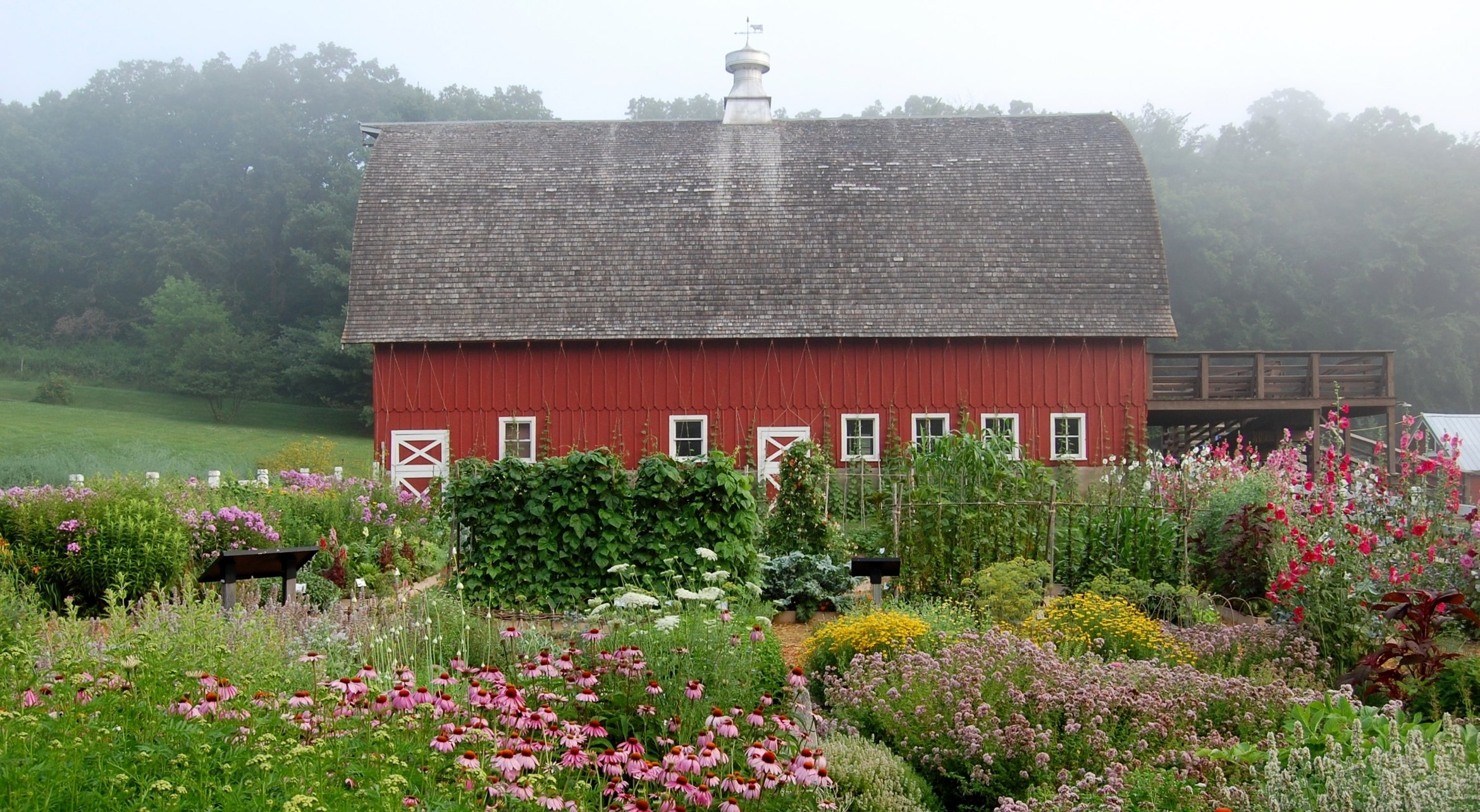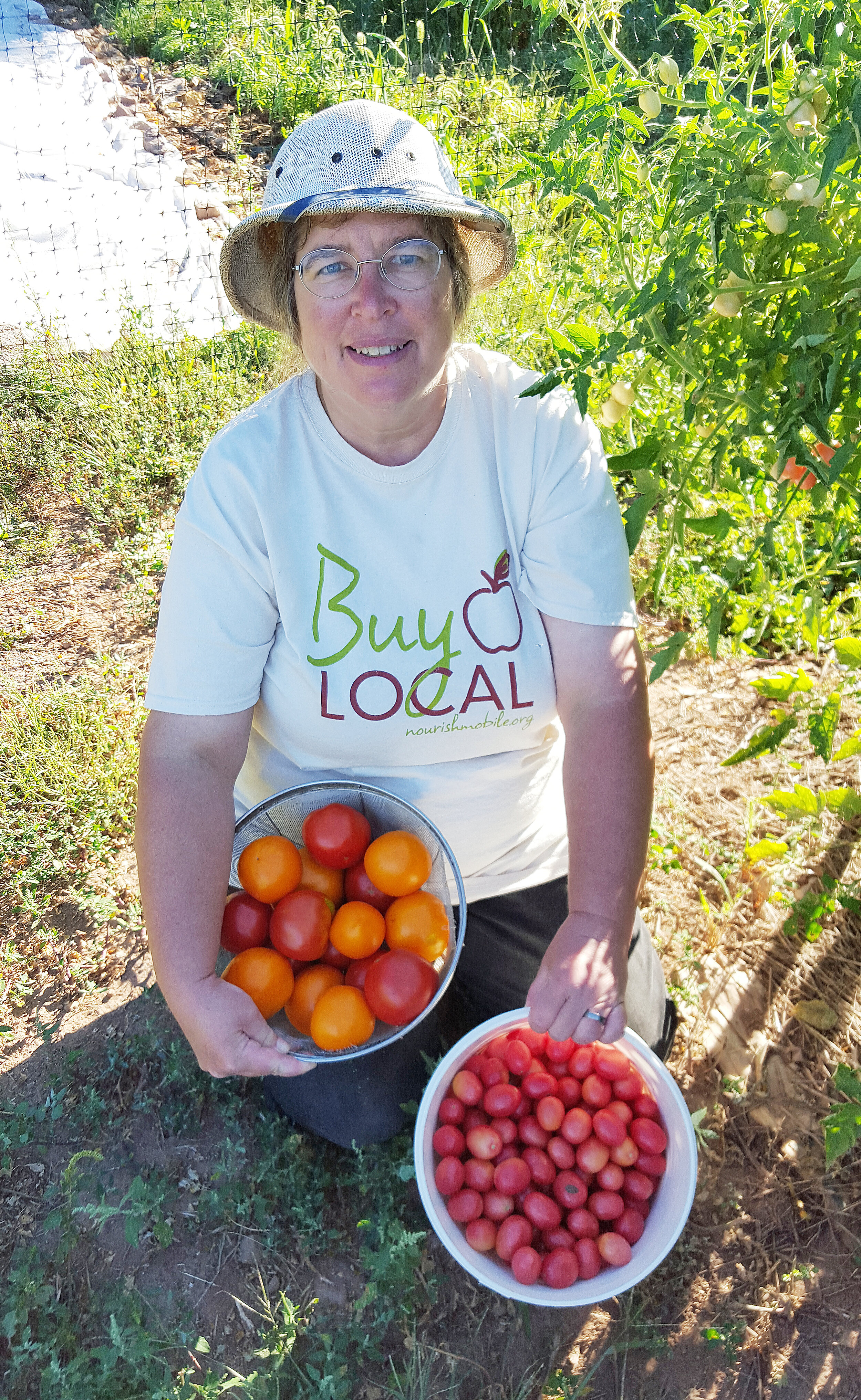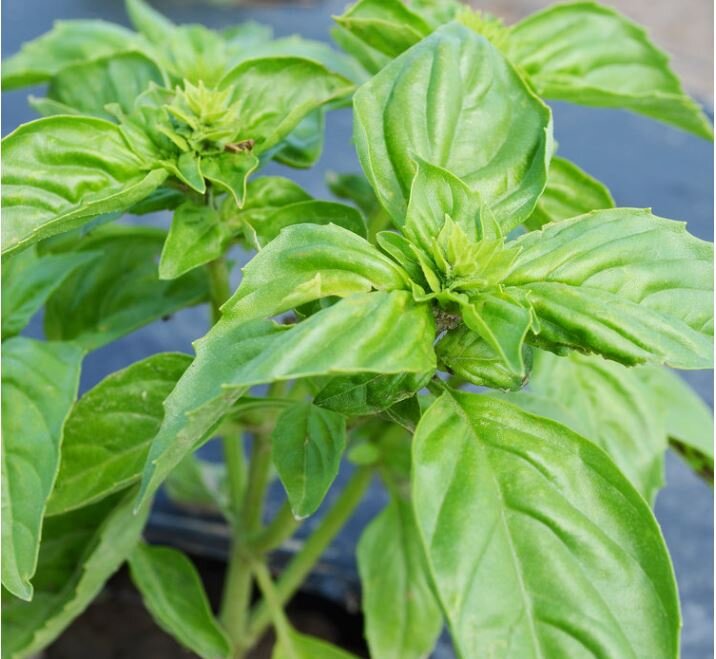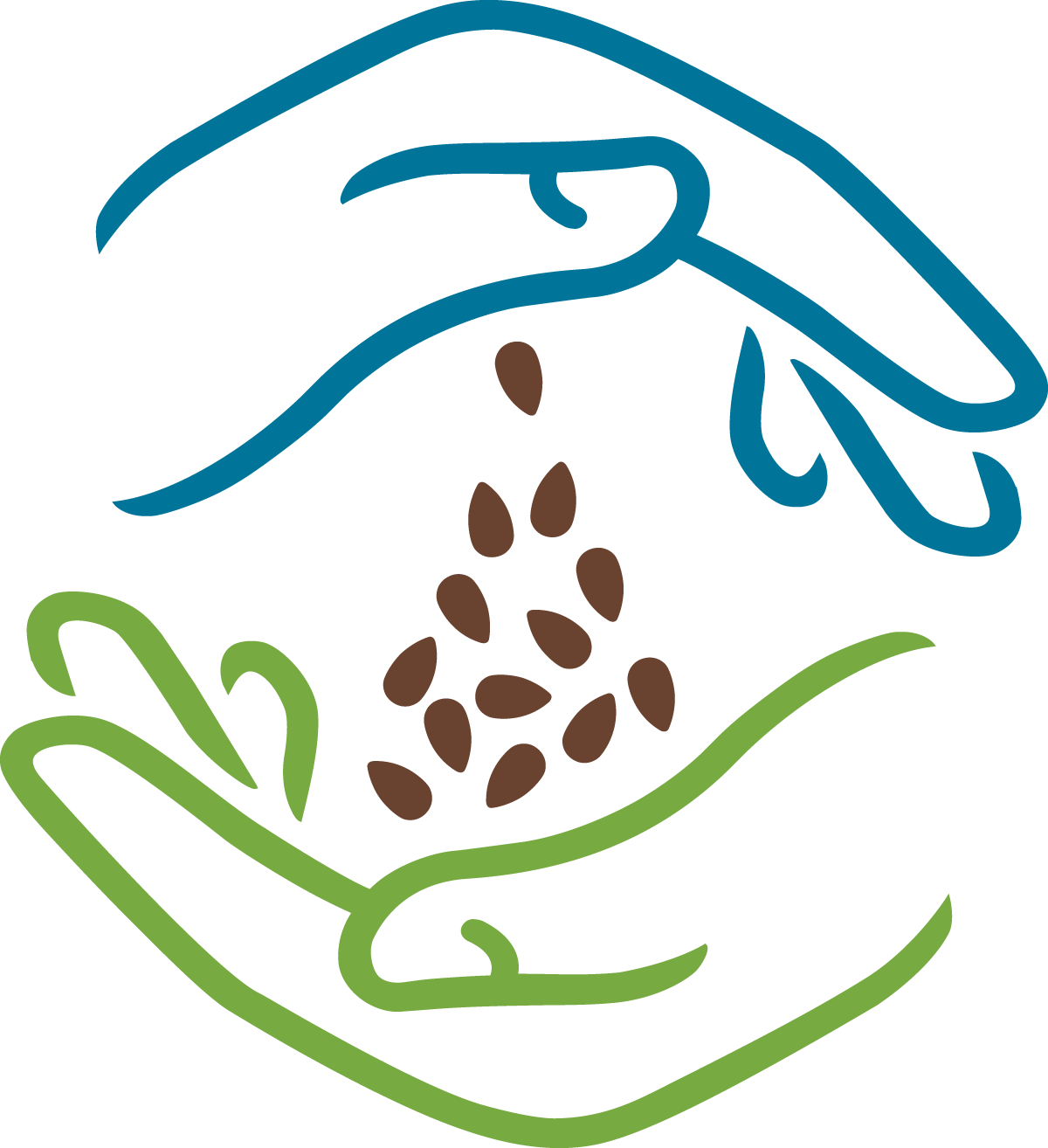SSE Citizen Scientist Spotlight: Meet Dorene Pasekoff
/Dorene Pasekoff displays tomatoes she grew at her home in Pennslyvania.
The stories of our passionate Citizen Science Corps volunteers are as varied and interesting as those of the seeds that they grow. In celebration of Citizen Science Month, we are sharing three firsthand accounts written by 2019 Citizen Science Corps participants that shed light on what inspires them to step up to the plate to help SSE steward its collection for future generations through the ADAPT and RENEW programs. We launched the series with Tiffany Traverse of British Columbia, Canada. Next up? Dorene Pasekoff of Pottstown, Pennsylvania.
Dorene Pasekoff
I've been gardening since I could follow my Pennsylvania Dutch maternal grandfather through his own garden. After 20 years of running a community garden, my husband and I decided to make the leap to farming with Hill Creek Farm in Pottstown, Pennsylvania, an hour northwest of Philadelphia.
Being part of the Citizen Science Corps is a continuation of gardening with my grandfather. He started seeds for both of us, and, while we had our favorites—like 'Aunt Molly's' ground cherry—he was always trying out new varieties to see what would grow well for us and, more importantly, what we would like. I grow a tomato through the RENEW program every year because my grandfather loved tomatoes, and he was always sure that there was a better one out there that he just didn't know about yet. The ADAPT program, meanwhile, has introduced me to new favorites such as 'Tony Scavo' basil, 'Red Milan' turnip, 'Swenson Swedish' pea, 'Brinker Carrier' pole bean, and 'Drotts Yellow' ground cherry. While my grandfather is no longer with us, I'm able to share these discoveries with area chefs who love produce almost as much as he did.
‘Tony Scavo’ basil is just one of the varieties Dorene Pasekoff has trialed through the Citizen Science Corps ADAPT program. Seed Savers Exchange introduced the variety in its 2018 catalog.
While I've been a grower most of my life, becoming a seed saver was a longer process. At the community garden, my friends and I grew heirloom and commercial hybrid tomatoes side by side and discovered that we preferred the flavor of heirloom tomatoes. In the mid-1990s, on a local radio call-in show, William Woys Weaver and I got into a detailed and heated argument about whether 'Pruden's Purple' or 'Brandywine' was the better tomato; the host eventually kicked us both off the air.
Then, in 1997, the Pennsylvania Horticultural Society sent me to Penn State University to attend the Northeast SARE Conference, "Preserving Crop Biodiversity and Saving Seed in the Northeast," because I had taken more genetics courses than anyone else they could send. As it turned out, most everyone who was serious about seed saving was at this conference. The workshops were technical, yet inspiring, and I absorbed the information presented in all of them. I left the conference with seeds to grow out from William Woys Weaver and a Seed Savers Exchange membership from Kent Whealy ( SSE's co-founder).
I've been a seed saver and a trial participant ever since because biodiversity and sustainable agriculture matter, and I believe that when we match the right seeds with the right environment, magic and sustainable living happen. People eat for flavor, and if their food tastes good, they will pay their local farmers to grow more. And if that food comes from plants that are truly adapted to local conditions, it will be easier for growers to produce that food and stay in farming.
I've loved plants all my life. While I don't find a new variety I love every year, the Citizen Science Corps gives me the space and seeds to try to make a difference for my fellow growers.
This is the second of a three-part series celebrating Seed Savers Exchange’s citizen scientists. Click here for more information on our Citizen Science Corps program.















